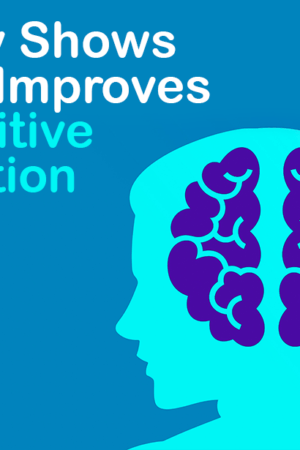Attention-deficit/hyperactivity disorder (ADHD) is a common condition affecting more than 3 million Americans. It typically begins in childhood and can persist into adulthood. It can contribute to difficulties at school or work, low self-esteem, and relationship issues. Symptoms of ADHD include hyperactivity, limited attention, excitability, aggression, fidgeting, impulsivity, irritability, forgetfulness, and absent-mindedness. It can cause learning disability and depression among children and adults.
ADHD Medication and Substance Abuse
There is currently no cure for ADHD, and common treatments include medication and talk therapy. But studies show that some issues may arise when children and adolescents are prescribed stimulant medications to combat ADHD. These medications include amphetamine, dextroamphetamine, and methylphenidate, otherwise known as “speed”. People who use these medications often report a “rush” feeling, along with increased heart rate, decreased blood flow, and increased blood sugar.1
To make matters worse, adults who have been diagnosed with ADHD make up a disproportionate amount of substance abusers, leading some researchers to question whether a child’s experience with ADHD medications may lead them to be more likely to abuse drugs as adults.2
Nutritional Factors of ADHD
Research suggests that chronic dietary deficiencies of zinc, iron, magnesium, and iodine may contribute to the development and worsening of ADHD symptoms. The absence of long-chain polyunsaturated fatty acids may have a significant impact. 3
Deficiency of Omega-3 Fatty Acids and other nutrients that support brain health (DHA) may contribute to the development of ADHD.4 Keto-friendly, low-carb foods such as walnuts, fatty fish, meat, poultry, and eggs can provide children the fatty acids they need for developmental brain health.
A study involving dogs found that ADHD-like symptoms such as hyperactivity, excitability, and distractibility were greatly improved when the dogs were fed a ketogenic diet. The ketogenic diet made the dogs less anxious and more trainable.5
Foods to Avoid: Synthetic Additives, Milk, and Wheat
Sometimes it’s not just about the foods that children need for brain health, but also the foods they don’t need. Researchers have found a positive impact of the elimination of food products containing synthetic food additives, like artificial food dyes and preservatives in the behavior of children with ADHD.6
Behaviors in children with ADHD also consistently worsened after the children ate foods that included milk or wheat.7
A Future for Ketone Supplements?
In situations where medication is not effective, or when the parents or child cannot follow the ketogenic diet for whatever reason, researchers have initiated a patent process to allow medical healing for people with ADHD through ketone supplements. These researchers suggest that if they can introduce enough ketogenic material to produce ketosis in patients with ADHD, they could provide therapeutic benefits to those with ADHD and other behavioral disorders.8
Further research is needed for the effects of the ketogenic diet on alleviating symptoms of ADHD, but there is one thing we do know: the ketogenic diet is shown to be incredibly therapeutic for those with neurological and behavioral issues. Sometimes, the health and success of our children can be attributed to what they eat. So if you are a parent of a child with ADHD, it might be time to talk to your doctor about safe and effective dietary treatments.
NUTRITIONAL DISCLAIMER
The content on this website should not be taken as medical advice and you should ALWAYS consult with your doctor before starting any diet or exercise program. We provide nutritional data for our recipes as a courtesy to our readers. We use Total Keto Diet app software to calculate the nutrition and we remove fiber and sugar alcohols, like erythritol, from the total carbohydrate count to get to the net carb count, as they do not affect your blood glucose levels. You should independently calculate nutritional information on your own and not rely on our data. The website or content herein is not intended to cure, prevent, diagnose or treat any disease. This website shall not be liable for adverse reactions or any other outcome resulting from the use of recipes or recommendations on the Website or actions you take as a result. Any action you take is strictly at your own risk.
- A Ketogenic Pregnancy: Is It Safe? - June 20, 2018
- Perfect Keto Nut Butter is, Well, Perfect for Keto - May 14, 2018
- The Silicon Valley’s Favorite Diet? Brain-Boosting Keto - May 11, 2018




